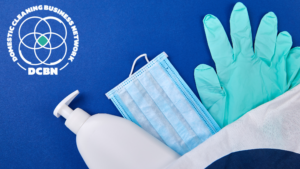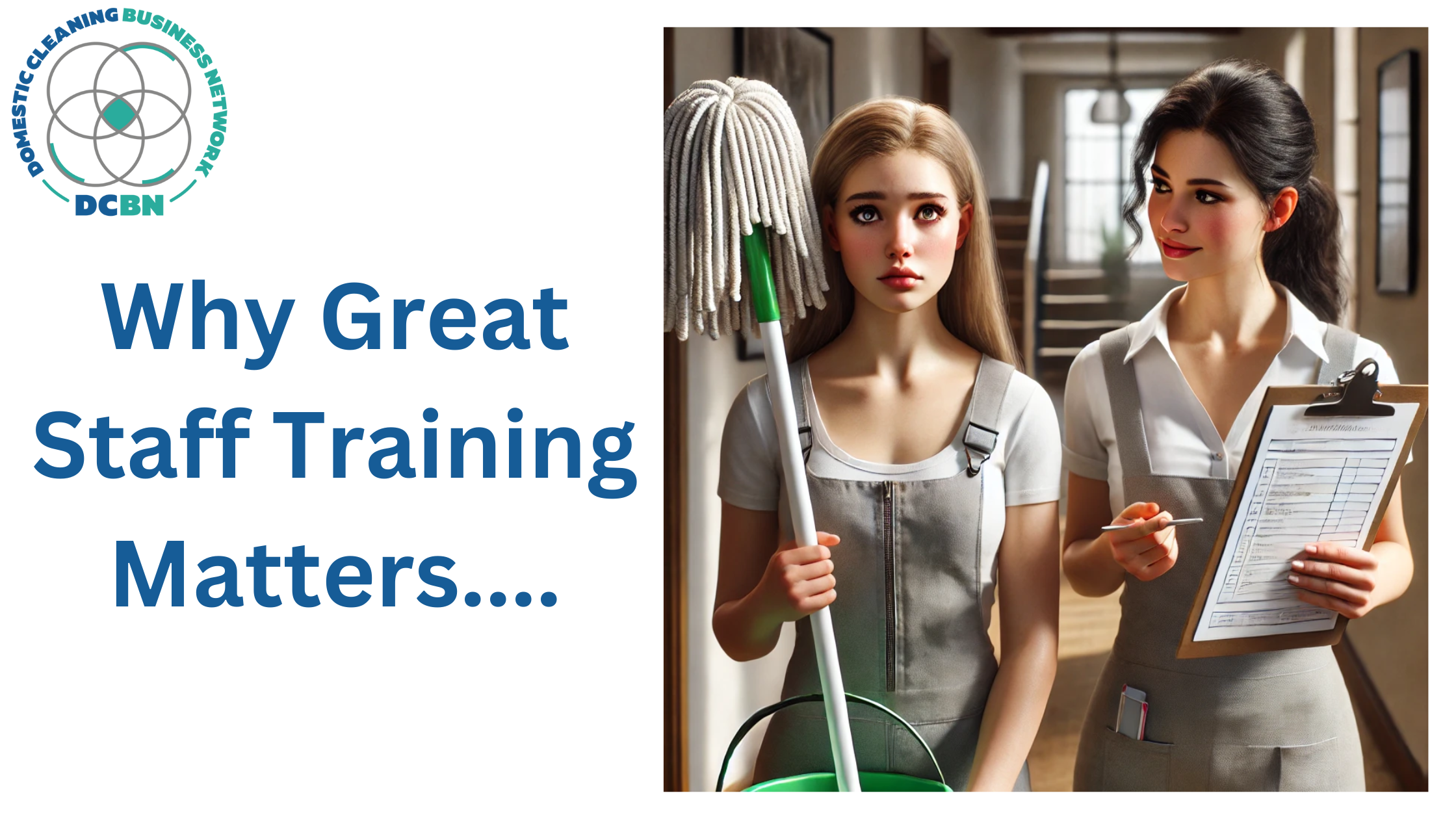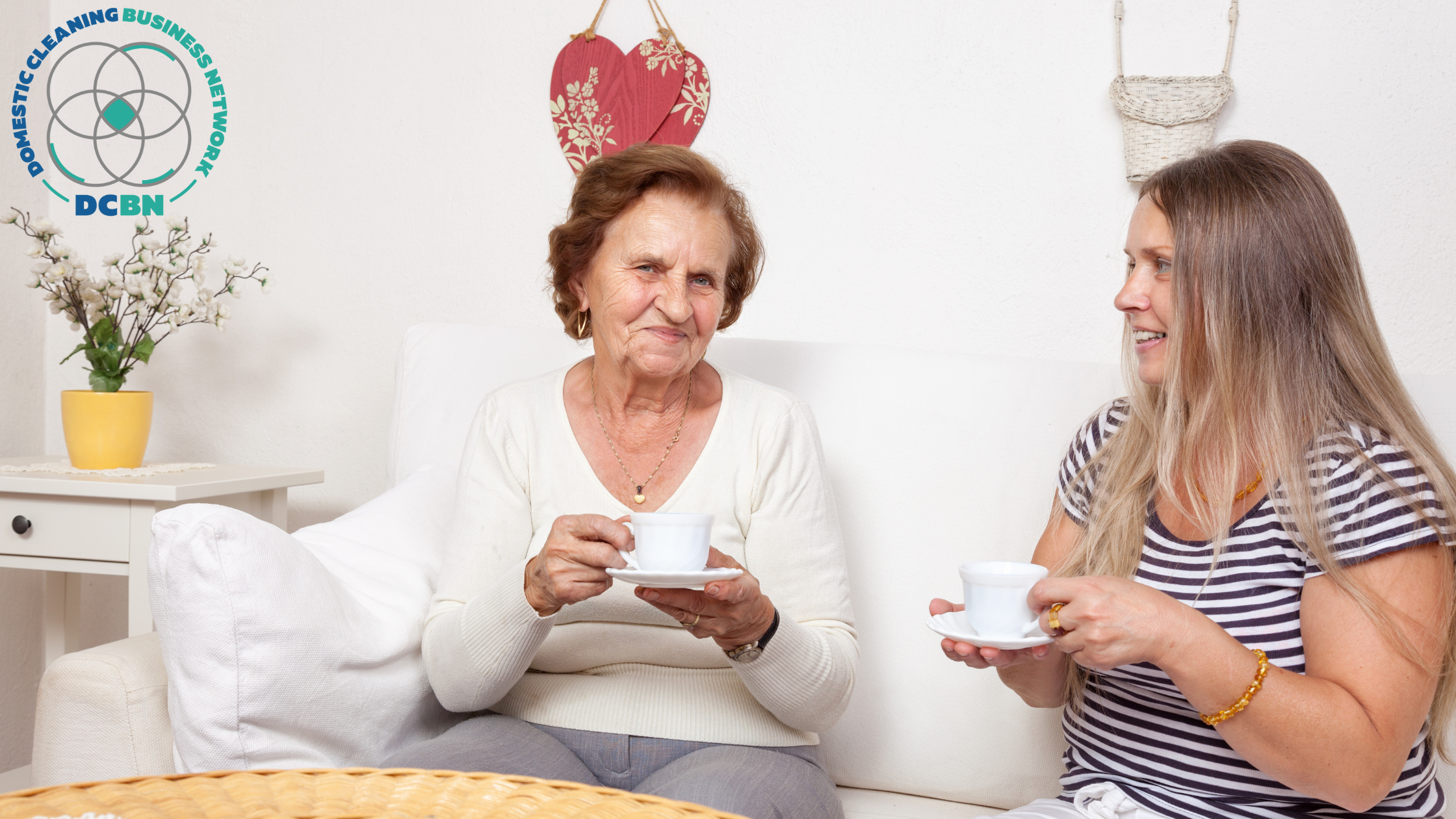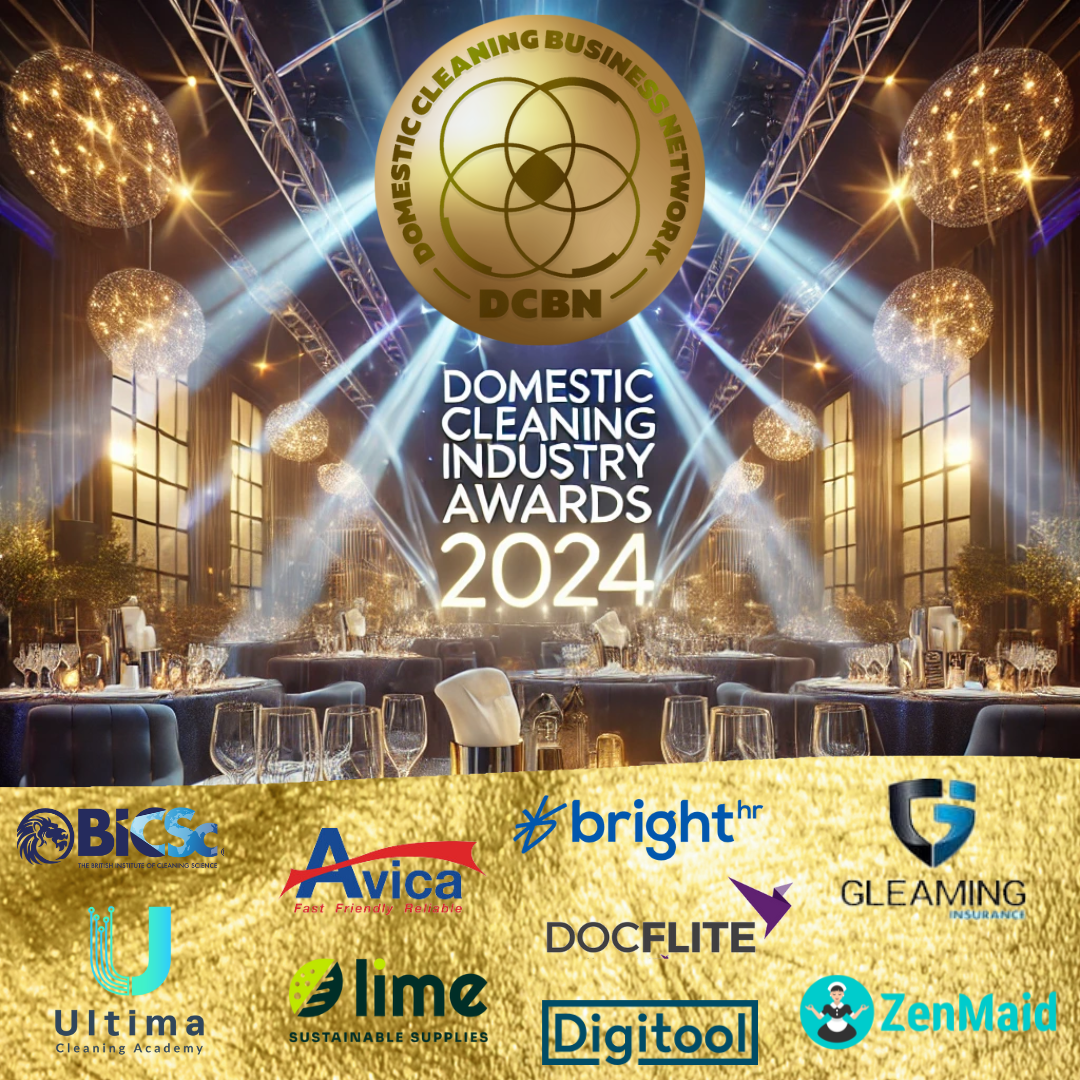Are you cleaning safely?
Cleaning may seem straightforward, but for professional cleaners, it’s much more than just a daily chore. Ensuring safe and effective cleaning requires a strong understanding of protective equipment, colour coding, waste management, and the appropriate use of cleaning products. Here, we break down the critical steps cleaners can take to protect themselves, guarantee safety for clients, and optimise cleaning results while minimising environmental impact.
1. Protective Gloves: Choosing the Right Type for the Job
Gloves are the cornerstone of personal protective equipment (PPE) for any professional cleaner. They provide crucial protection against exposure to chemicals, bacteria, and dirt, but choosing the correct type is essential. Different materials, such as nitrile, latex, and vinyl, offer varying levels of protection. In high-risk settings like healthcare environments, double gloving is a common practice, adding an extra layer to safeguard against contamination. For routine domestic cleaning, selecting gloves suited to the task can help prevent skin irritation and ensure safety, without compromising comfort.
2. Colour Coding: Preventing Cross-Contamination
Colour coding is a simple yet highly effective practice for reducing the risk of cross-contamination. By assigning specific colours to specific areas – such as red for bathrooms, blue for general areas, and green for kitchens – you ensure that cleaning cloths, mops, and other tools don’t carry bacteria or grime from one part of the house to another. This system is widely used in professional cleaning because it prevents the spread of bacteria, especially in environments with vulnerable individuals. Implementing this system in your daily routine is an easy way to enhance hygiene and cleanliness for clients.
3. Waste Management: Complying with Regulations Responsibly
In the UK, cleaners must be aware of waste management regulations, particularly if they transport waste from clients’ properties. A waste carrier license is necessary if you’re disposing of cleaning waste like used gloves, cloths, and chemical containers. This license not only ensures that you’re handling waste legally but also reassures clients that you follow responsible and compliant practices. Familiarising yourself with waste management guidelines is a crucial step in protecting the environment, staying compliant, and building a positive reputation. A lower tier waste carrier license is free and is an essential for a professional cleaner. If you are actually transporting waste produced by your clients, then you need a higher level tier of waste carrier license which is paid for.
4. Professional Cleaning Chemicals vs Supermarket Products
One major question often asked in the cleaning industry is the choice between supermarket cleaning products and professional-grade alternatives. Supermarket products, while accessible and effective for occasional home use, are not designed for daily, high-frequency application. They often contain higher concentrations of chemicals that can lead to irritation or respiratory issues with long-term exposure. As professional cleaners we need to download and understand the Safety Data Sheets (SDS) in order to carry out a COSHH risk assessment and although available by law, they are often harder to find for supermarket bought products than those from a professional products supplier.
Professional products, on the other hand, are formulated for regular use in environments where safety is paramount. They are generally safer, more economical, and more concentrated, meaning you can use smaller quantities to achieve better results. They also often come in larger containers that reduce plastic waste and last longer, cutting down on environmental impact. Professional product suppliers will also provide safety data sheets (SDS) with detailed information on safe use, first-aid instructions, and any protective measures necessary, giving cleaners the knowledge to use these products confidently and responsibly.
5. Eco-Friendly and Probiotic Products: A Sustainable Choice
The shift towards eco-friendly cleaning products has gained momentum as these products become more effective and widely available. Eco-friendly options are formulated with less harmful ingredients and are packaged in environmentally responsible materials, contributing to lower plastic waste and reduced environmental impact. Probiotic cleaning products have also emerged as a sustainable choice, containing beneficial bacteria that help maintain a balanced and healthy microbiome in the home. By using these products, cleaners can provide a high level of cleanliness while appealing to eco-conscious clients and reducing their environmental footprint.
6. Mask Use: Selecting the Correct Protection Against Chemicals
It’s a common misconception that standard surgical masks are sufficient for cleaning work involving chemicals. However, these masks are primarily designed for dust and general protection, not for guarding against fumes or chemical vapours. When working with cleaning agents, particularly in enclosed spaces, cleaners should use masks specifically rated to protect against fumes and particles, such as FFP2 or FFP3 masks. Investing in the right type of mask ensures your safety by reducing the risk of inhaling potentially harmful substances, allowing you to work confidently without compromising health.
7. Basic Biohazard Awareness: Essential Knowledge for Cleaners
For cleaners working in environments where bodily fluids or other hazardous materials are present, basic biohazard knowledge is essential. This includes understanding the correct use of PPE, proper disposal methods, and sanitisation practices to protect both yourself and your clients. Learning the basics of biohazard management can reduce health risks, instil confidence in clients, and ensure a high standard of cleanliness, especially in environments like hospitals, care homes, or rental properties.
Listen to our Confessions of a Cleaning Business Owner podcast episode on the topic of cleaning safely:
https://open.spotify.com/episode/54L40eLrta6OFI3hT4vjiF?si=jbSDV27mT7eV6PdWT2r0-w
As part of DCBN membership, we provide instant unlimited access to our industry leading Cleaning Safely Course which covers all you need to know as a cleaning business owner to clean safely – PPE, Risk Assessments, COSHH, Using Chemicals and Infection Control.
With membership, you will also receive £££s of discounts from over 30 partner suppliers and all the support you need to ensure you are cleaning safely and effectively whilst you grow your business.









